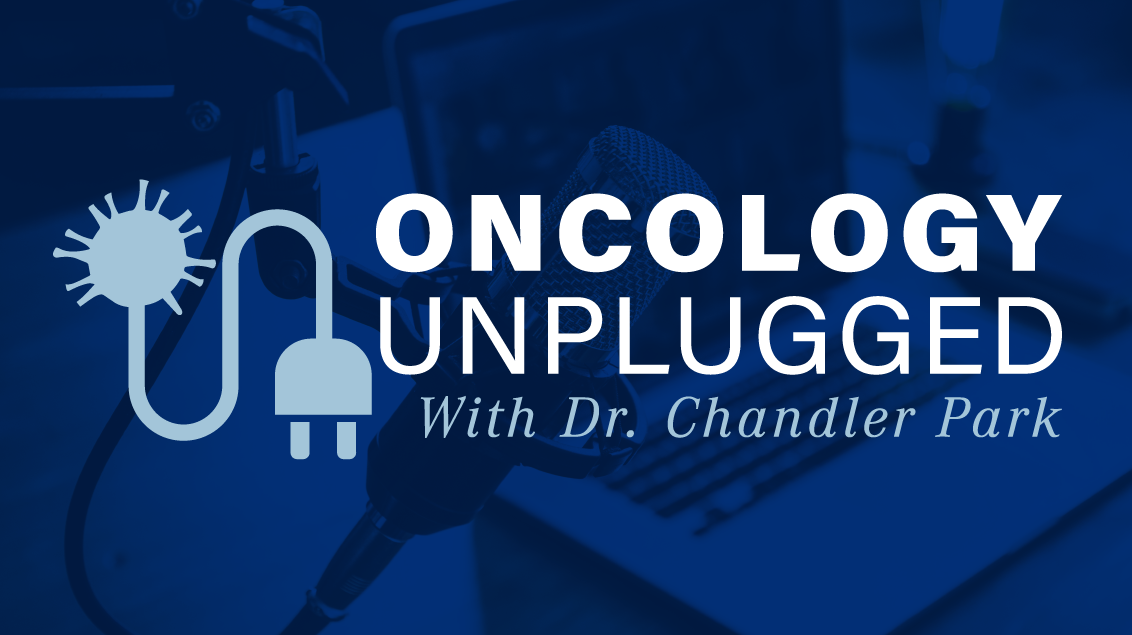Perioperative Durvalumab Improves Survival in MIBC: Navigating the NIAGARA Trial Findings With: Chandler Park, MD; and Petros Grivas, MD, PhD

Drs. Grivas and Park discuss developments in bladder cancer research, including the potential of HER2-targeted therapies and PD-1/PD-L1 inhibitors in the neoadjuvant setting.
In this episode of MedNews Week's Oncology Unplugged, host Chandler Park, MD, a medical oncologist at Norton Cancer Institute in Louisville, Kentucky, spoke with Petros Grivas, MD, PhD, clinical director of the Genitourinary Cancers Program at Fred Hutchinson Cancer Center and a professor of medicine at the University of Washington School of Medicine, about key updates from the 2025 Genitourinary Cancers Symposium and the evolving treatment paradigm for muscle-invasive bladder cancer (MIBC).
Grivas highlighted findings from the phase 3 NIAGARA trial (NCT03732677), which evaluated perioperative durvalumab (Imfinzi) in combination with neoadjuvant cisplatin-based chemotherapy in patients with MIBC. He emphasized that the study demonstrated an improvement in event-free survival (EFS) and overall survival (OS) with the addition of durvalumab, suggesting a potential paradigm shift in perioperative management. However, he noted the challenge of distinguishing the contribution of the neoadjuvant vs adjuvant components of therapy.
Additionally, Grivas and Park discussed broader developments in bladder cancer research, including the potential of HER2-targeted therapies and PD-1/PD-L1 inhibitors in the neoadjuvant setting. They also shared more insights into































